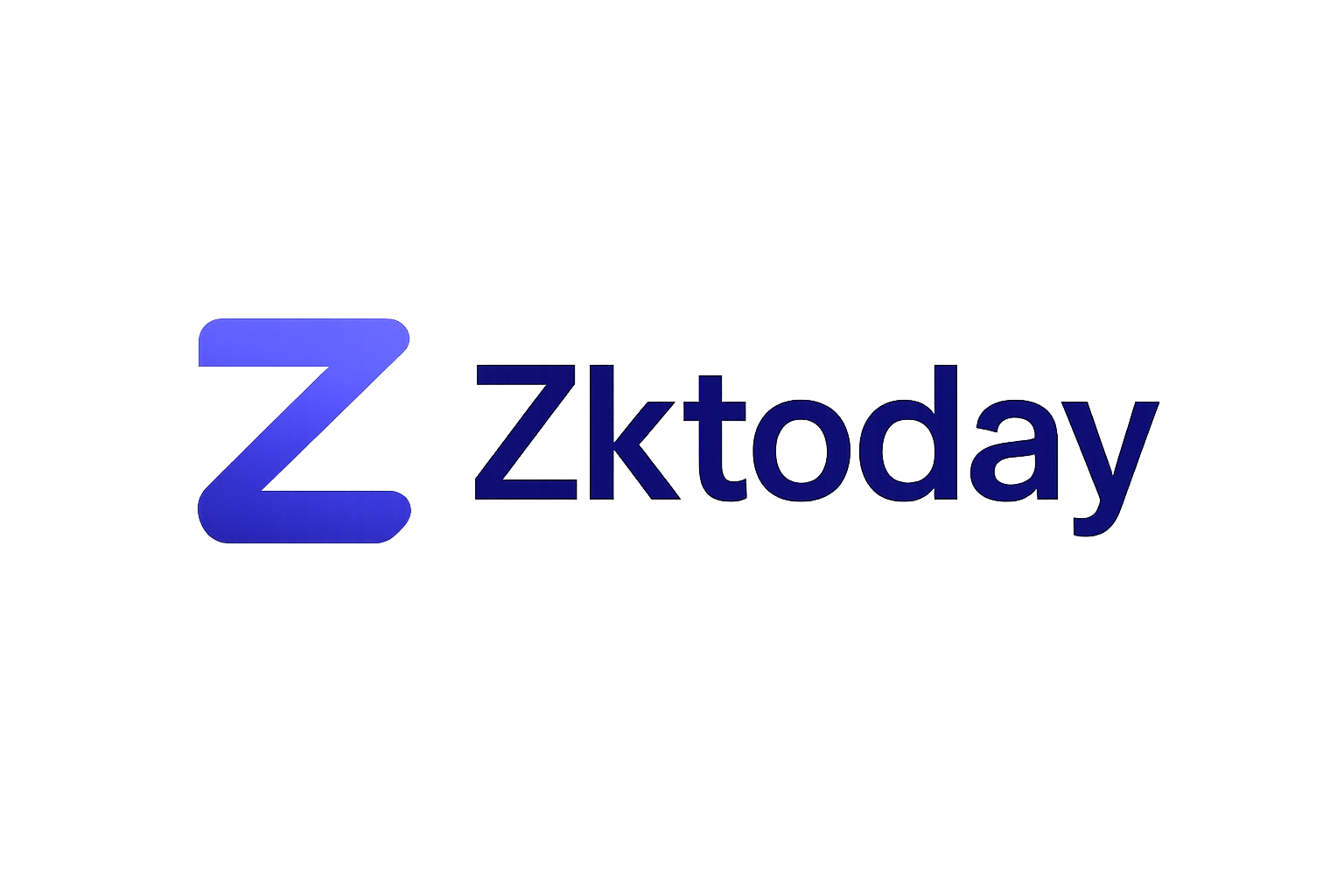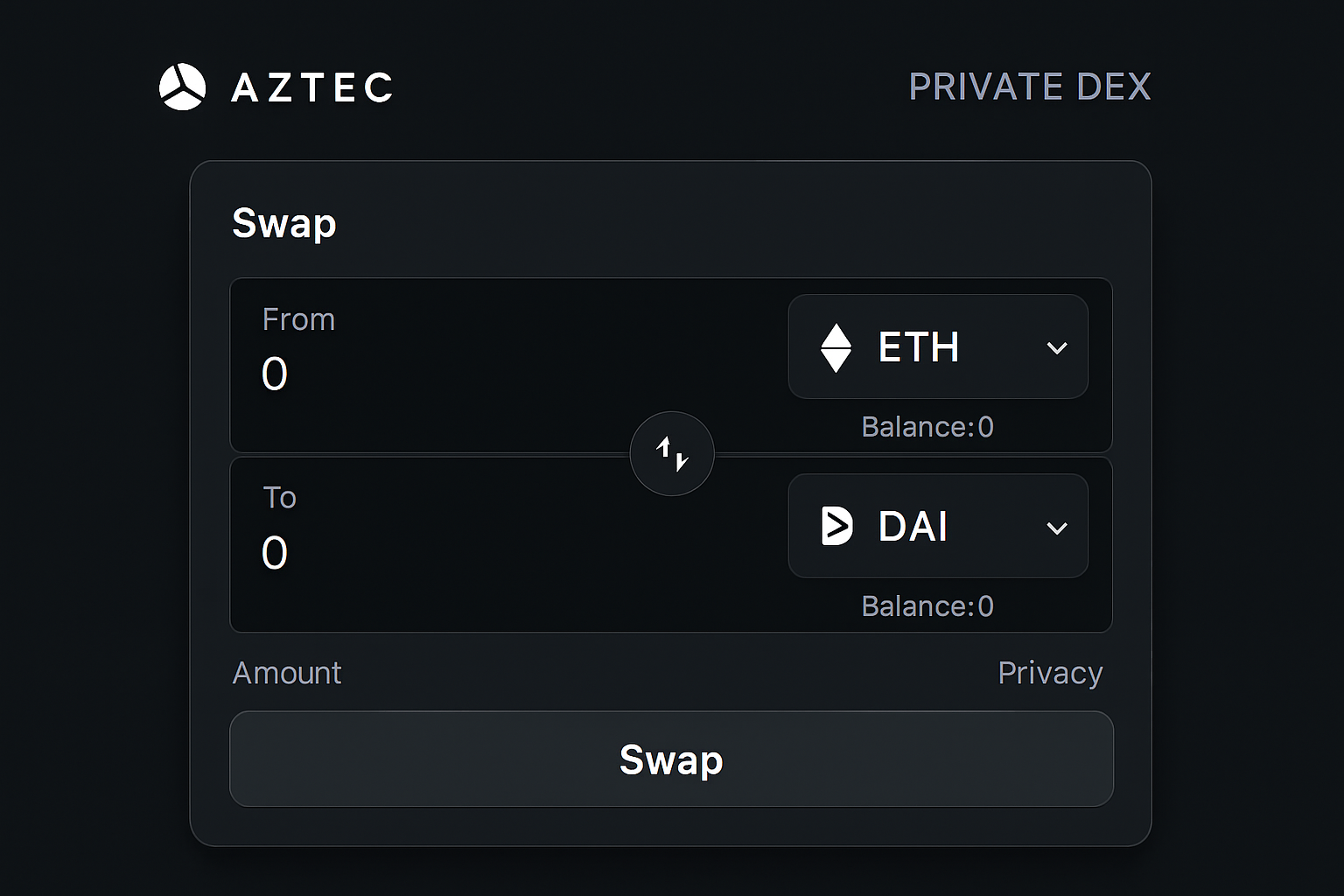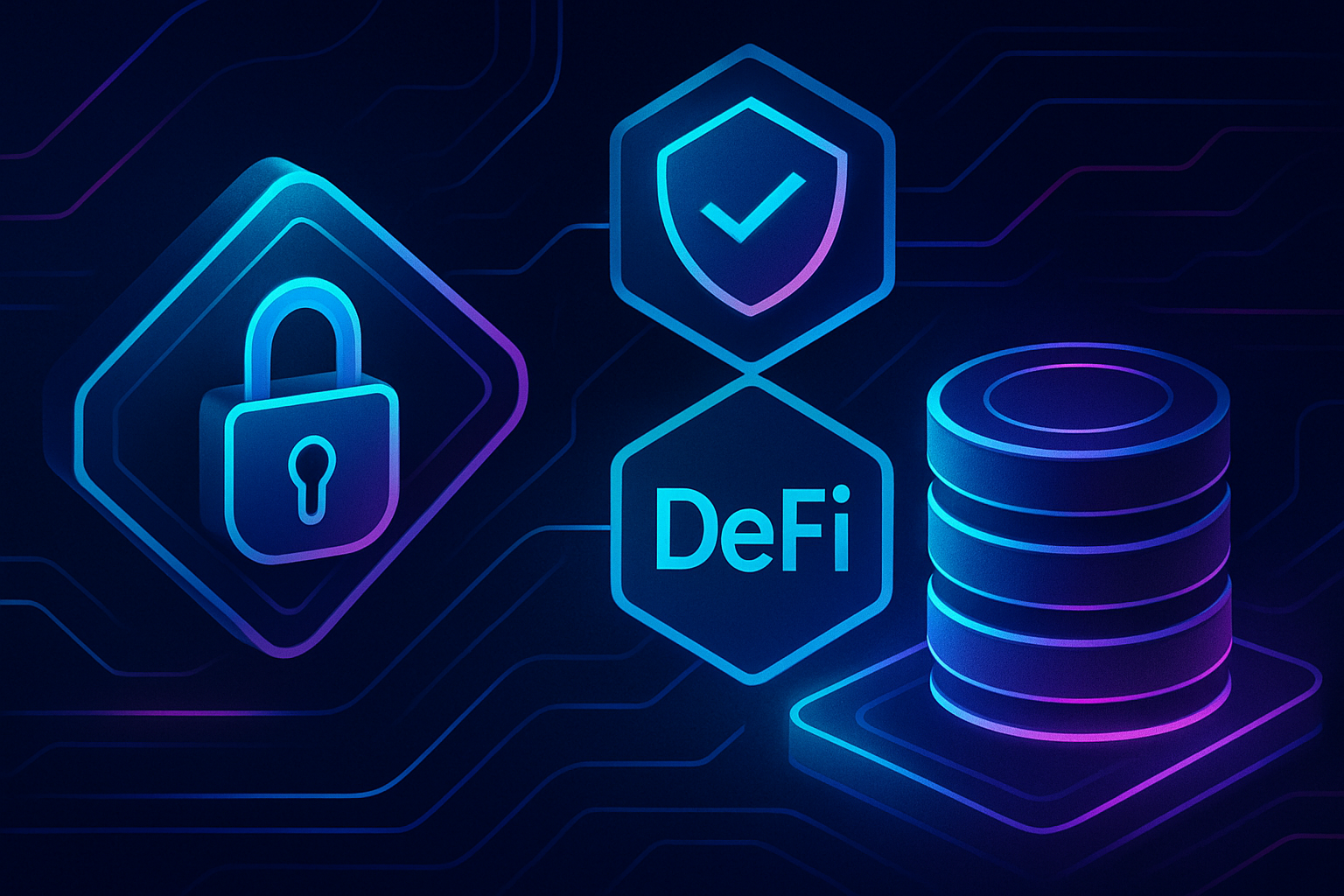
Decentralized Finance (DeFi) has become a magnet for innovation, but its public-by-default architecture exposes sensitive financial data to anyone monitoring the blockchain. As DeFi protocols handle billions in assets and millions of daily transactions, the demand for robust privacy solutions is intensifying. zk rollups privacy DeFi is emerging as a critical theme in this evolution, with zero-knowledge (zk) rollups offering a compelling answer to the privacy conundrum without sacrificing scalability or security.

Zero-Knowledge Rollups: The Privacy-Scalability Breakthrough
At the heart of zk rollups is a sophisticated cryptographic technique called zero-knowledge proofs. Instead of publishing every transaction detail to the blockchain, zk rollups bundle hundreds or thousands of transactions off-chain and submit only a succinct proof to the main network. This proof attests that all batched transactions are valid, but crucially, it reveals nothing about the identities of participants or the amounts involved.
This model delivers two profound advantages for DeFi applications:
- Privacy by Default: Transaction data like sender, receiver, and amounts are hidden from public view. Only the proof of validity is shared on-chain.
- Massive Scalability: By reducing the data footprint on the mainnet, zk rollups enable DeFi protocols to process vastly more transactions at lower cost and higher speed.
According to recent research, zk rollups are now considered foundational technology for both data confidentiality and transaction throughput in DeFi (LG Technology Ventures). They are especially well suited for applications where fast settlement and privacy are paramount, such as lending, trading, and gaming platforms (Alchemy).
How zk Rollups Enhance DeFi Privacy in Practice
Let’s break down the three main ways zk rollups improve privacy for DeFi users:
Key Privacy Benefits of ZK Rollups for DeFi
-
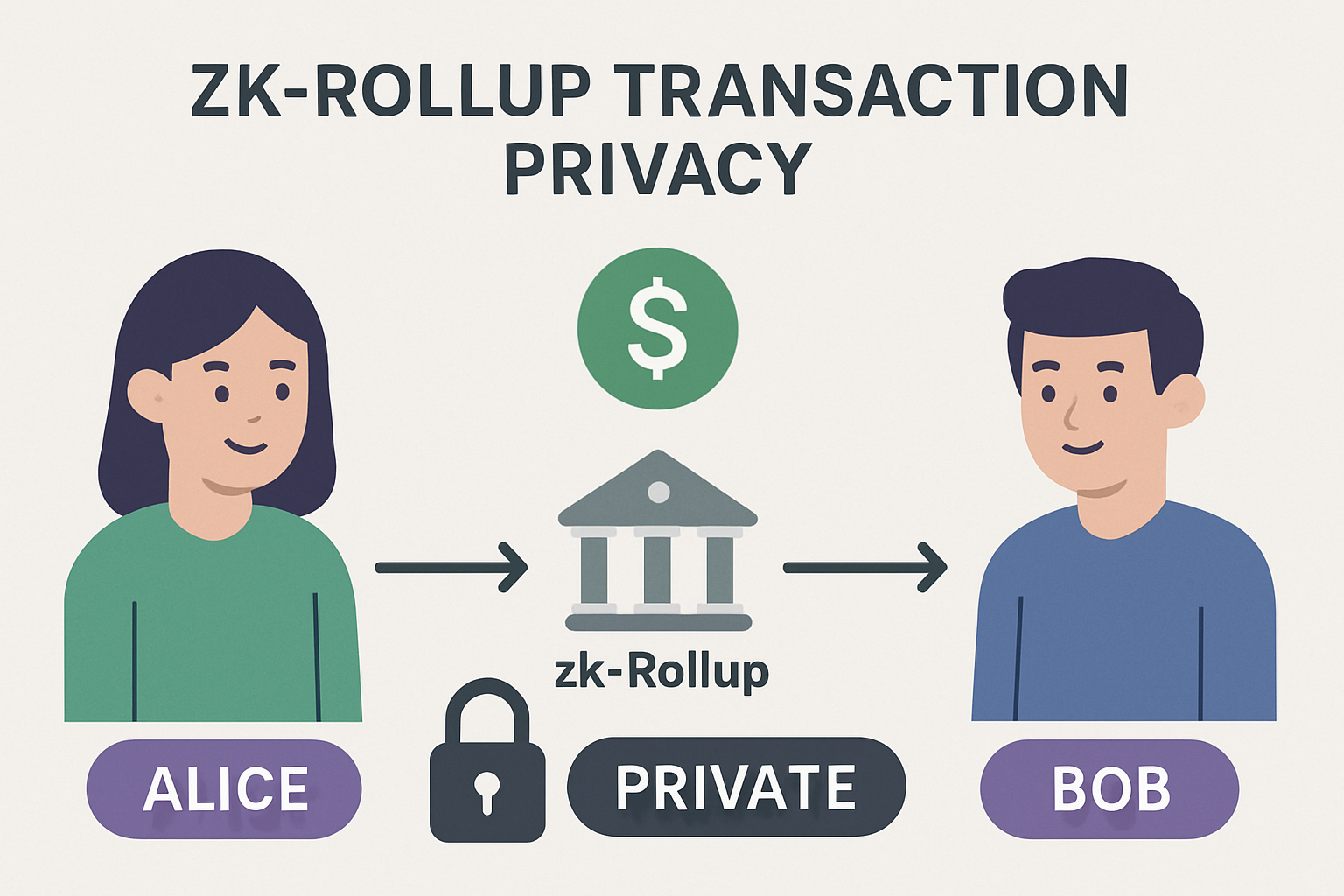
Concealment of Transaction Details: ZK Rollups use zero-knowledge proofs to validate transactions without exposing sensitive data like sender, receiver, or transaction amounts. This ensures that while transactions are verified, individual details remain confidential.
-
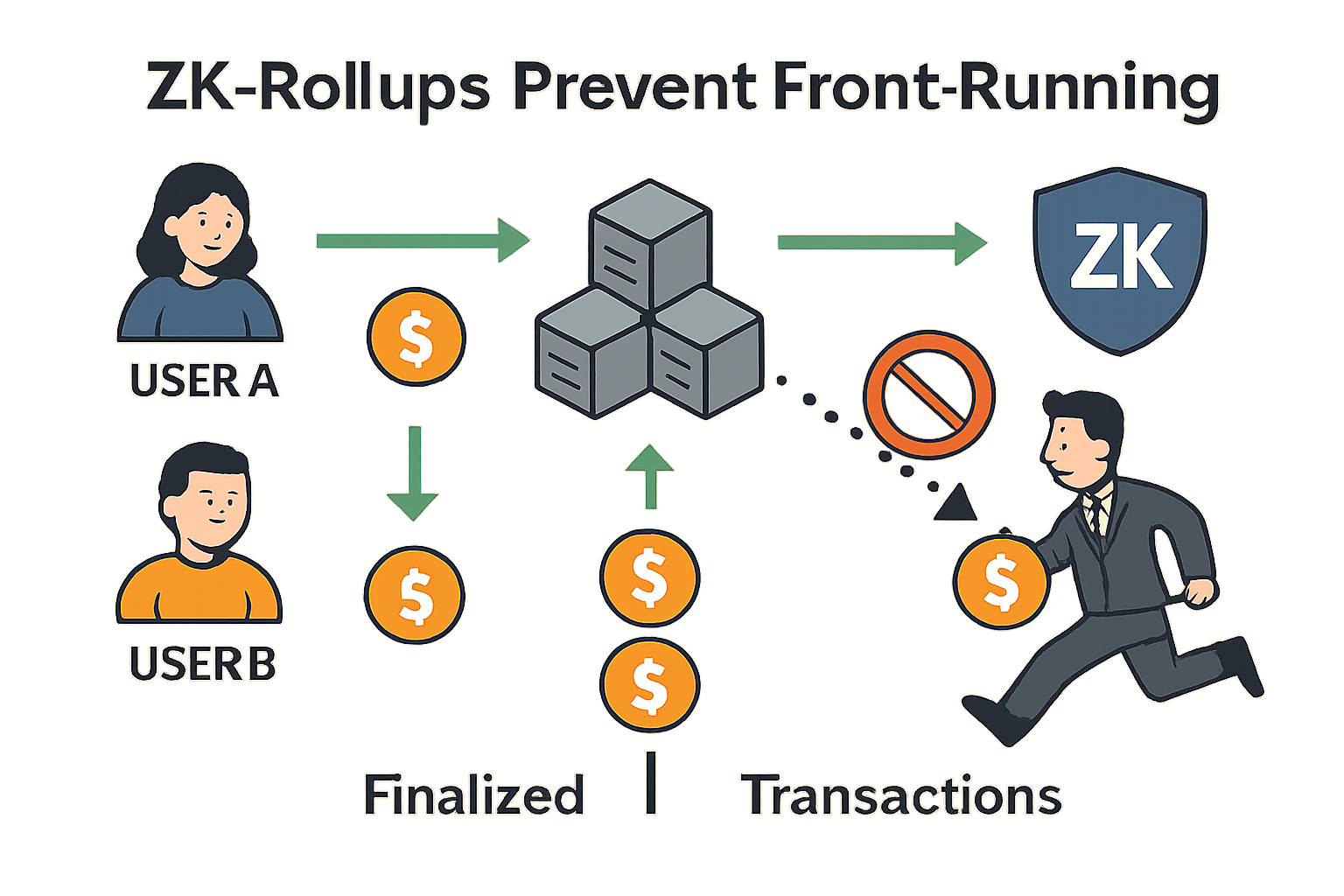
Protection Against Front-Running: By aggregating and submitting only cryptographic proofs on-chain, ZK Rollups prevent malicious actors from viewing pending transaction data, significantly reducing the risk of front-running attacks in DeFi.
-
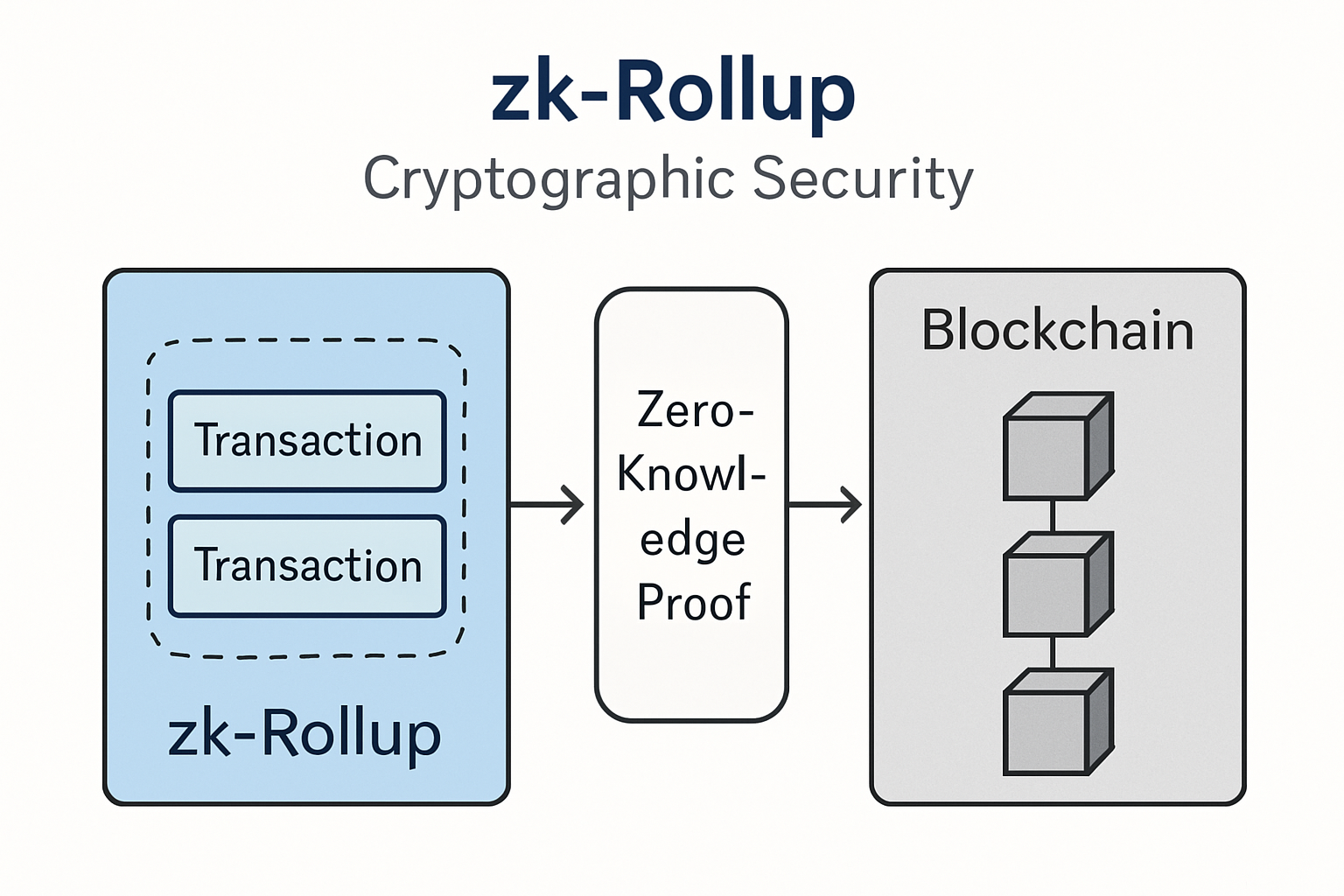
Enhanced Security Through Cryptography: The robust cryptographic proofs in ZK Rollups ensure only legitimate transactions are processed, reducing opportunities for fraud and bolstering user trust in DeFi platforms.
-
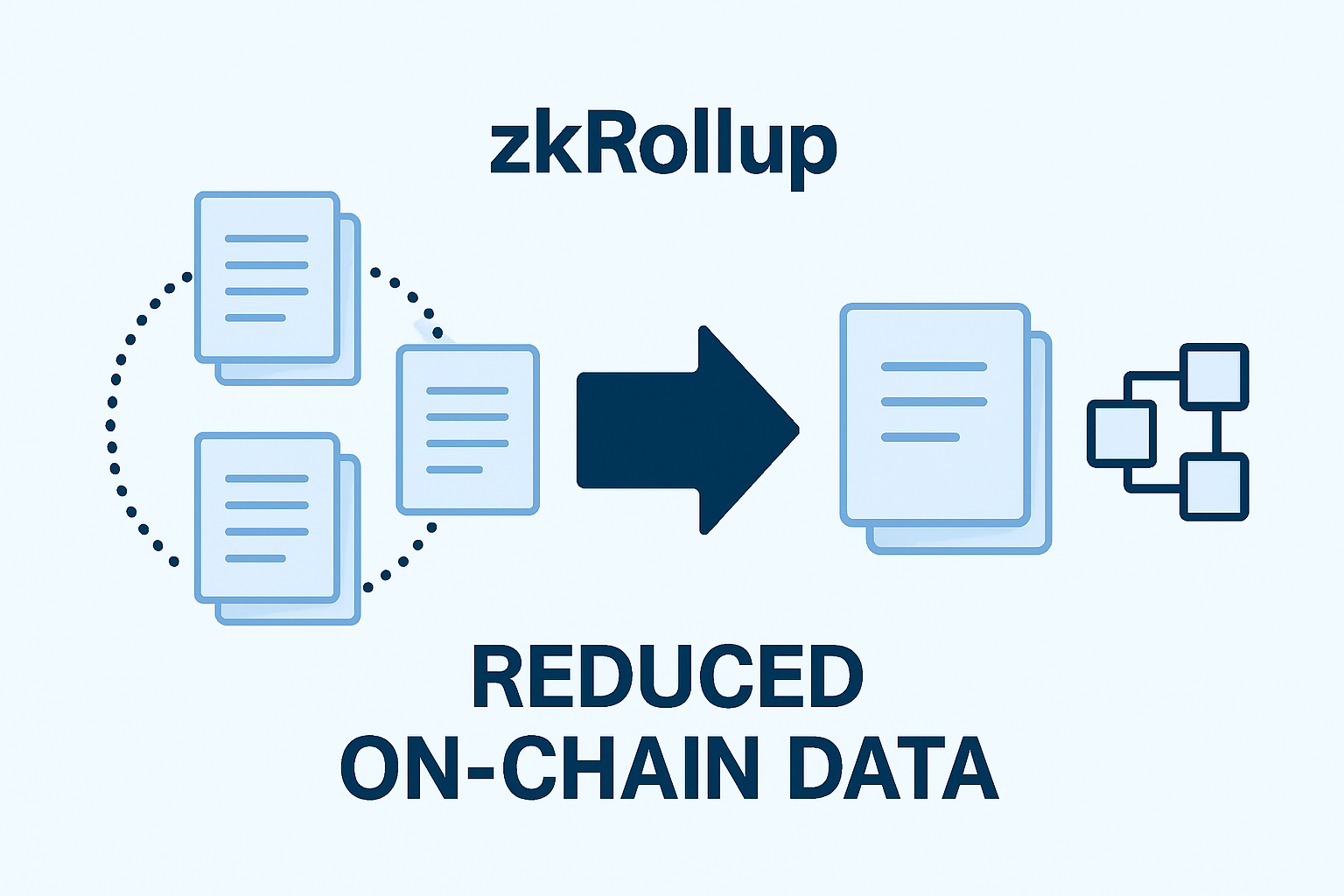
Reduced On-Chain Data Exposure: Since ZK Rollups batch multiple transactions off-chain and submit a single proof, less transaction data is posted publicly, minimizing the risk of sensitive information leakage.
-
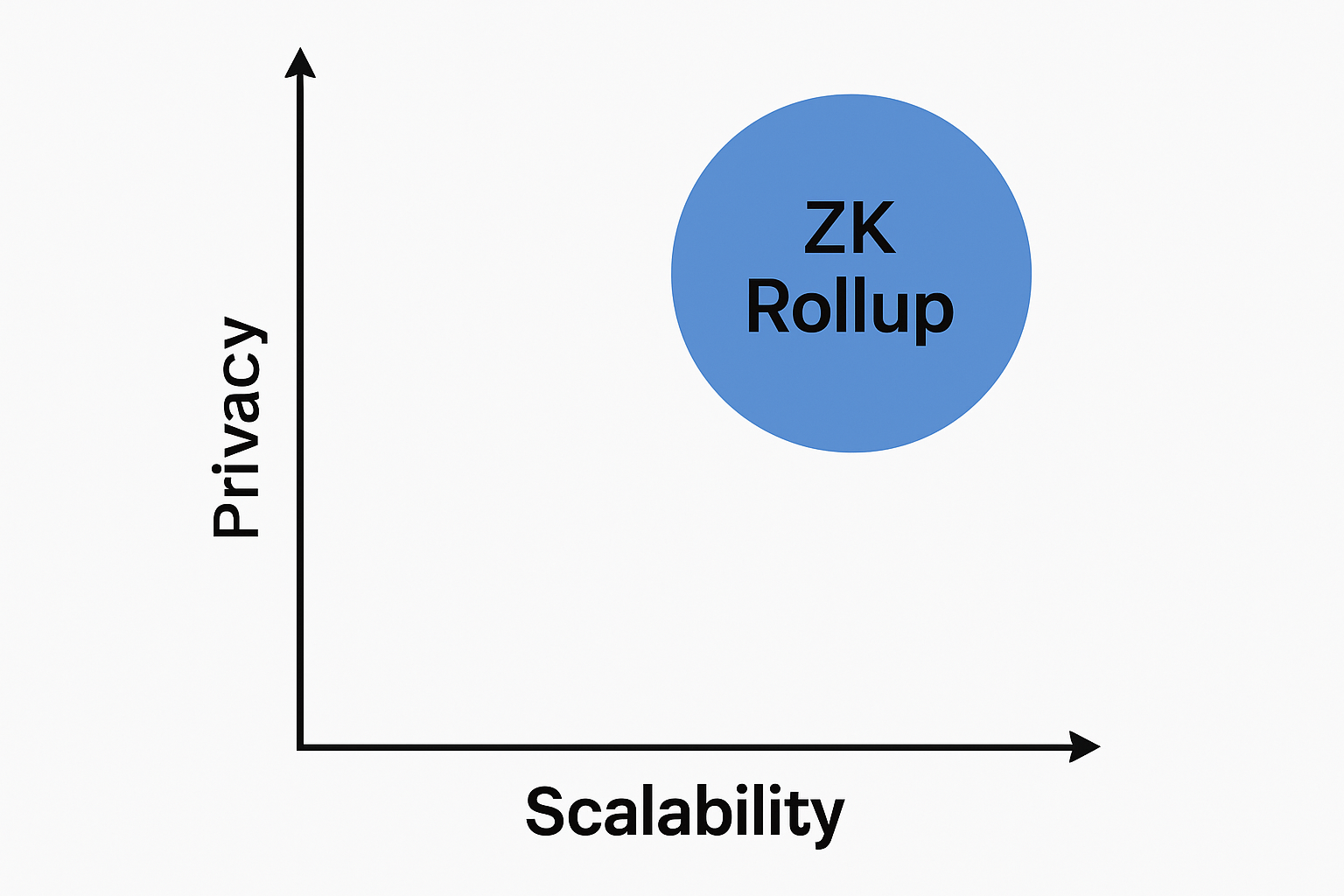
Scalable Privacy for DeFi Applications: ZK Rollups enable DeFi platforms to maintain high privacy standards even as they scale, supporting large volumes of users and transactions without compromising confidentiality.
1. Concealment of Transaction Details: Zero-knowledge proofs allow transactions to be validated without exposing who sent what to whom. This is a stark contrast to traditional DeFi, where all transaction details are permanently visible on-chain. With zk rollups, only the aggregate proof is made public, shielding user activity from prying eyes.
2. Protection Against Front-Running: Front-running is a notorious problem in DeFi, where malicious actors monitor the mempool to exploit pending transactions. Because zk rollups process transactions off-chain and only submit aggregated proofs, attackers are denied access to granular transaction data, making front-running attacks far more difficult.
3. Enhanced Security: The cryptographic rigor of zero-knowledge proofs ensures only valid transactions are processed. This not only reduces fraud risk but also provides a layer of defense against data exposure, which is essential for DeFi protocols managing large financial flows.
Why Privacy Matters for DeFi’s Next Chapter
Privacy in DeFi isn’t just about hiding balances or identities. It’s about enabling new financial use cases, protecting competitive strategies, and ensuring regulatory compliance in an era of increasing scrutiny. Without privacy, institutional adoption of DeFi will remain limited, and retail users will continue to face risks from data miners and market manipulators.
Recent developments underscore that privacy must be designed into zk rollups from the start. As noted by the Aztec network, retrofitting privacy is not feasible; it must be an architectural principle from day one. This is why leading zk rollup projects are prioritizing privacy alongside scalability, positioning themselves as the backbone for the next generation of DeFi protocols.
While zk rollups offer a compelling privacy upgrade, it’s important to recognize the nuanced trade-offs and the evolving landscape of DeFi privacy solutions. The extent of privacy achieved depends on the specific zk rollup implementation. Some designs, like those pioneered by Aztec, focus on maximum confidentiality for all transaction data, while others prioritize scalability with selective privacy for certain fields. As new protocols experiment with modular zk rollup architectures (ScienceDirect. com), developers are exploring ways to tailor privacy features to fit distinct financial products and user needs.
The implications for zk rollups for DeFi applications are substantial. By shielding sensitive information from public view and thwarting common attack vectors like front-running, zk rollups create safer environments for both retail and institutional users. This is especially relevant as DeFi continues to attract traditional finance players who demand rigorous data protection and regulatory alignment.
Emerging Use Cases and the Road Ahead
The integration of zero-knowledge rollups security into DeFi platforms is already catalyzing new categories of applications. Private lending markets can now operate without exposing loan terms or counterparty identities. Decentralized exchanges can facilitate trades without leaking order details or trading strategies. Even complex derivatives and insurance products benefit from the ability to process transactions confidentially while retaining full auditability through cryptographic proofs.
This shift has not gone unnoticed by the broader blockchain community. Recent developer activity and funding rounds highlight a surge of interest in scalable DeFi with zk rollups. As more teams build on these foundations, expect a proliferation of privacy-enhanced DeFi primitives that go beyond simple token swaps or lending, opening the door to institutional-grade asset management, private DAOs, and compliant on-chain finance.
Top DeFi Use Cases Powered by ZK Rollups
-
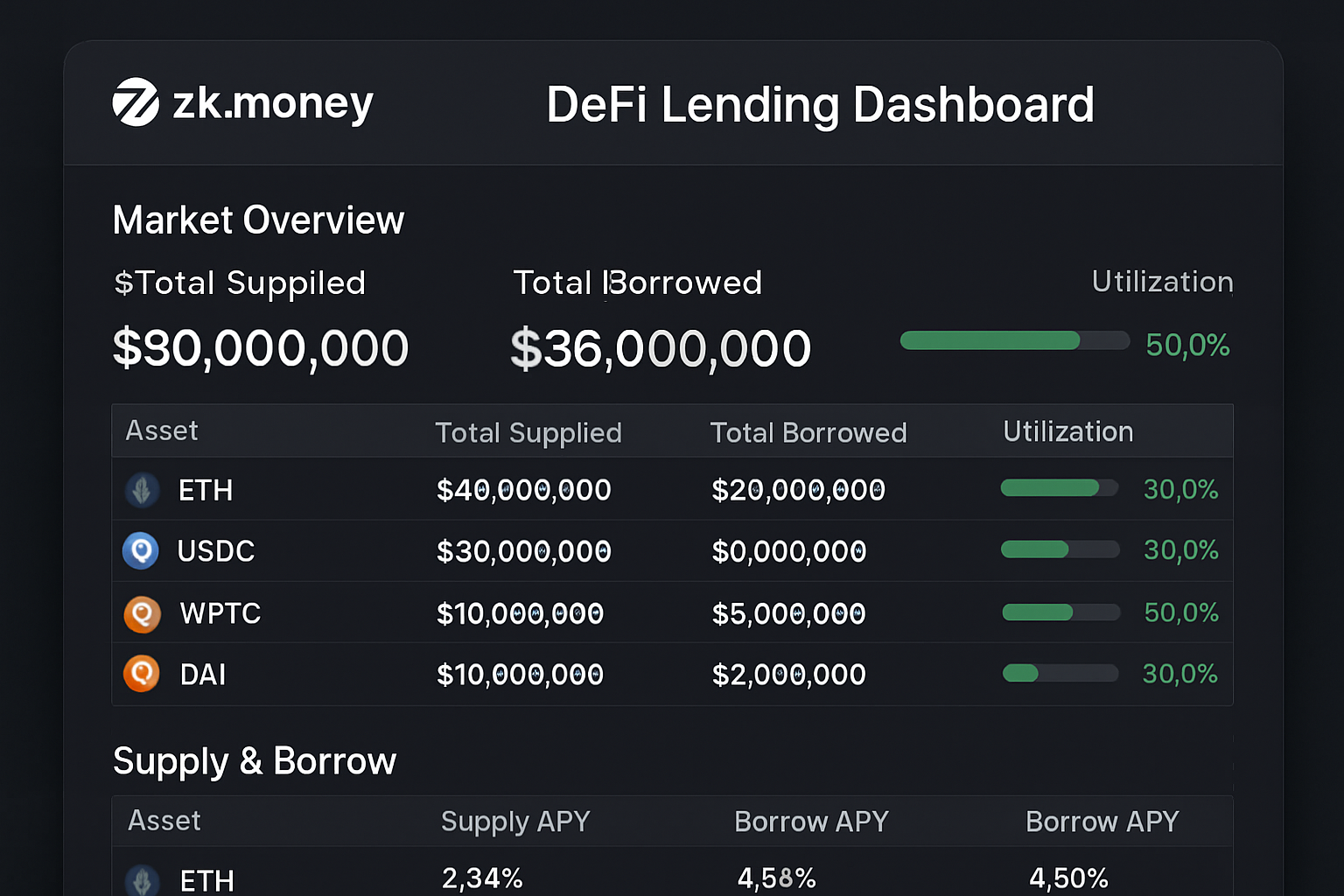
Confidential Lending & Borrowing: Protocols such as zk.money use zk rollups to allow users to lend and borrow assets without exposing sensitive financial data, preserving privacy for both lenders and borrowers.
-
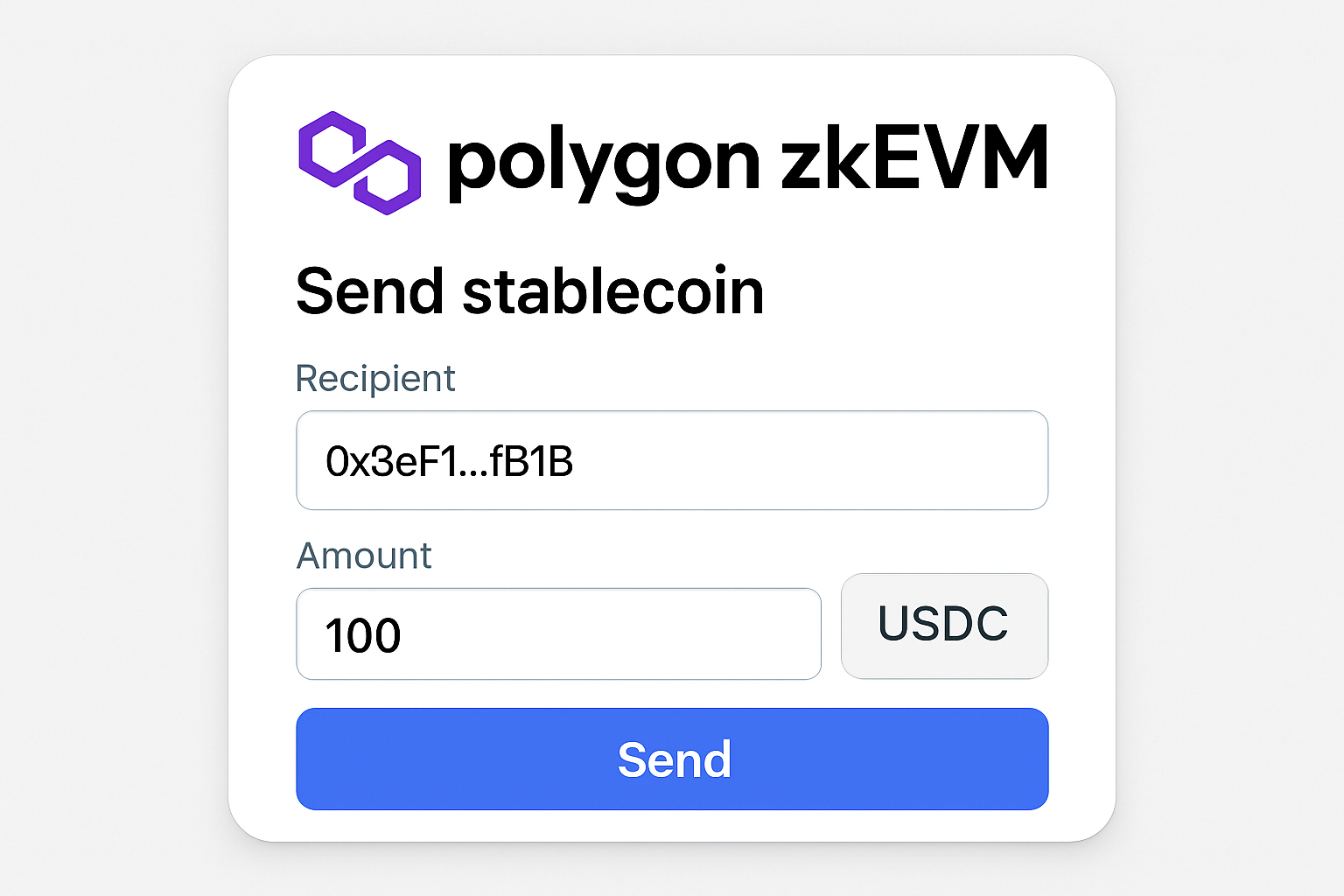
Privacy-Preserving Stablecoin Transfers: Projects like Polygon zkEVM enable stablecoin transactions with minimal data exposure, ensuring that sender, receiver, and amount details remain confidential.
-
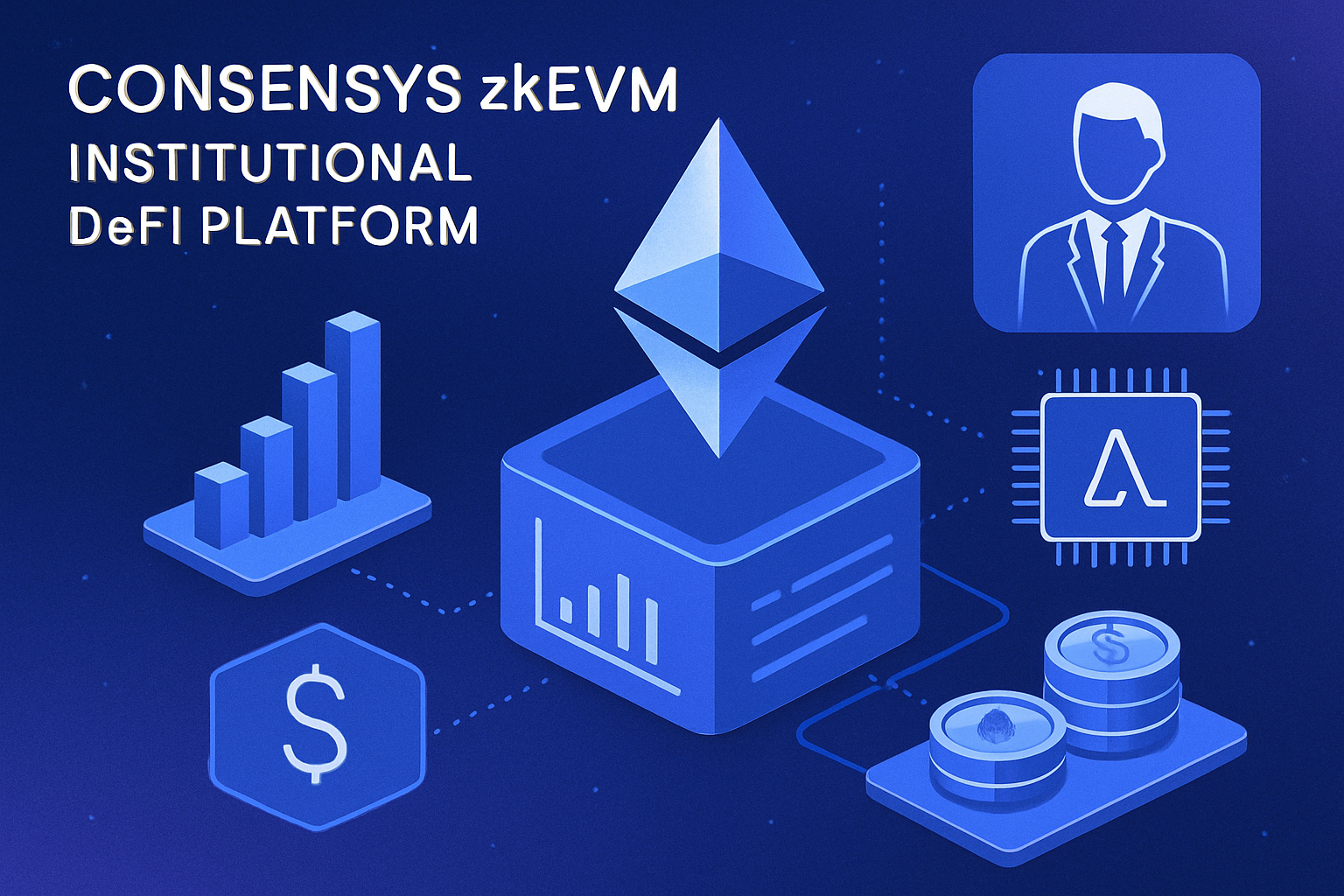
Institutional-Grade DeFi Platforms: Consensys zkEVM and similar solutions provide privacy features tailored for institutions, supporting compliant, large-scale DeFi operations without sacrificing confidentiality.
-
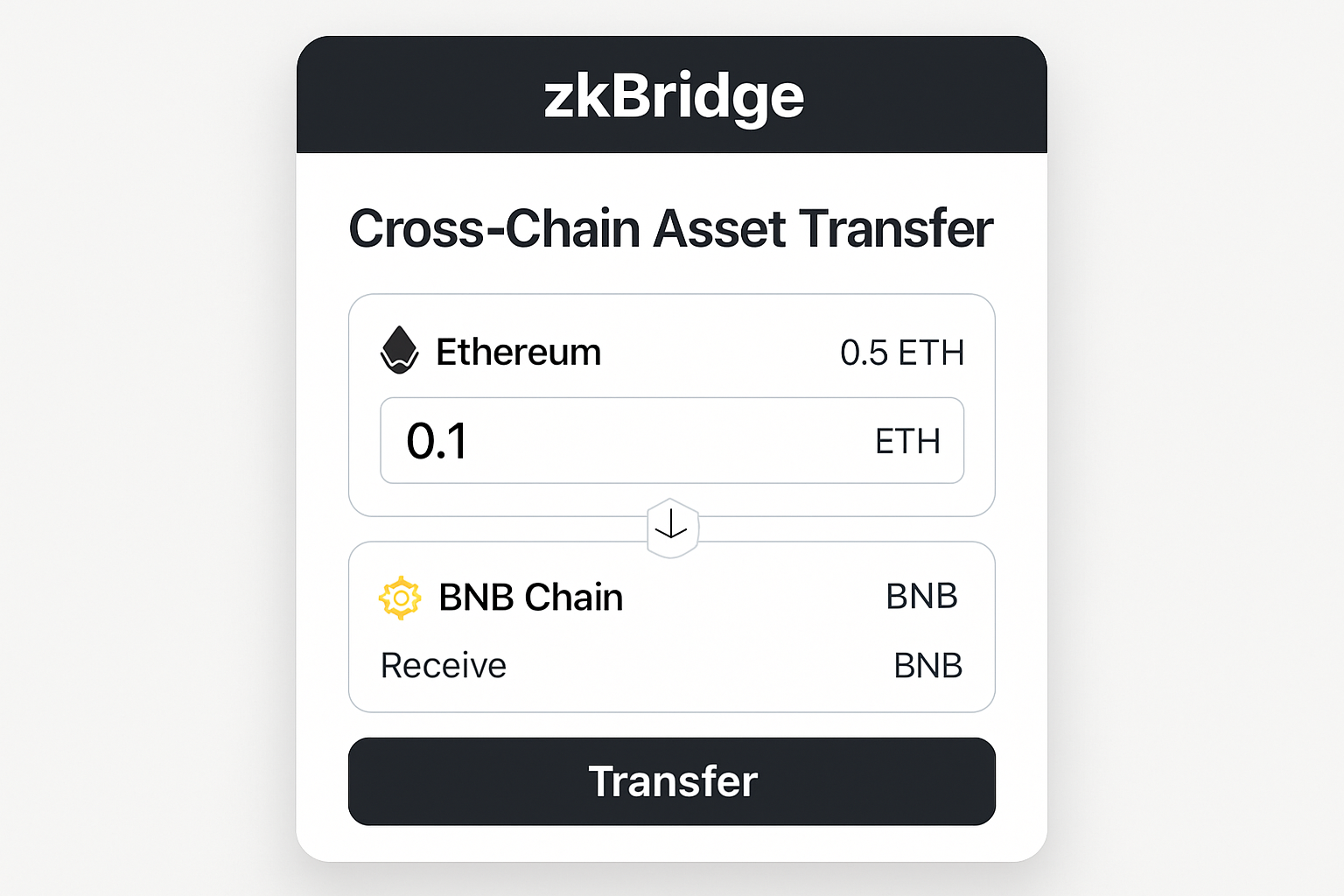
Cross-Chain Asset Bridges: zkBridge utilizes zk rollups to securely and privately transfer assets between blockchains, protecting transaction details across networks.
Still, challenges remain. Zero-knowledge technology is computationally intensive and can be complex to implement securely. User experience must improve so that interacting with privacy-preserving protocols feels as seamless as today’s public blockchains. Ongoing research into proof efficiency and modularity will be key to unlocking mainstream adoption.
The Future: Privacy as a Catalyst for DeFi Growth
As regulatory frameworks evolve and the market matures, zk rollups privacy DeFi will be a defining feature for next-generation protocols. The ability to combine high throughput with strong confidentiality is not just a technical milestone, it’s a strategic advantage for platforms seeking to serve both individual users and institutions wary of public data exposure.
For those tracking the future of blockchain scaling and security, zk rollups stand out as a foundational technology. They offer a clear path toward private, scalable, and secure decentralized finance, a vision that is increasingly within reach as real-world deployments accelerate.
If you’re interested in a deeper dive into how these technologies work under the hood, or want to follow the latest developments in zero-knowledge cryptography for DeFi, explore our dedicated research hub at this link.
